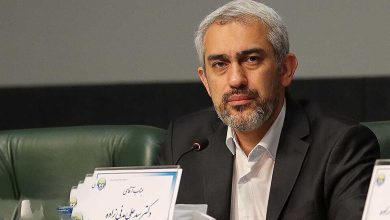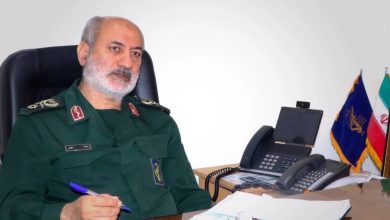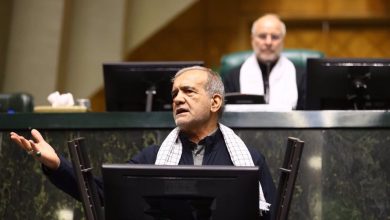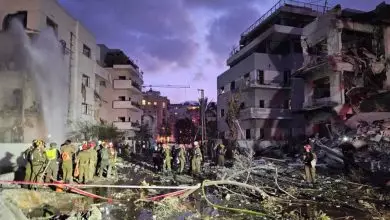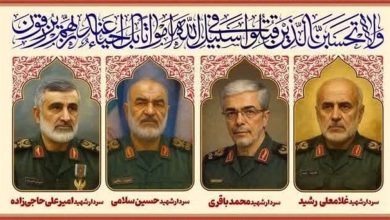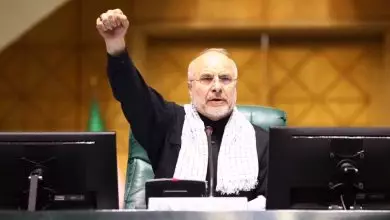Hamas: Zionist regime attempting to sabotage the Gaza ceasefire agreement
A senior Palestinian official has informed Al Mayadeen that recent Israeli statements about the second phase of an agreement indicate a reluctance to adhere to a long-term ceasefire.
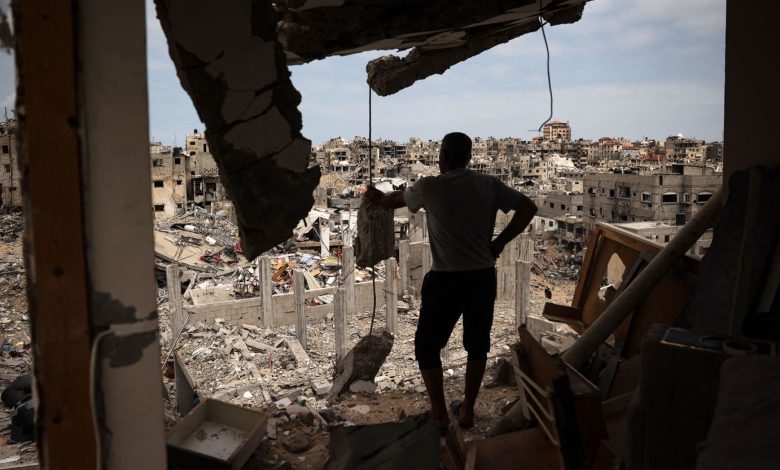
According to a senior Palestinian official speaking to Al Mayadeen on Monday, the Islamic Resistance Movement, Hamas, asserts that “Israel” is deliberately attempting to undermine the ceasefire agreement.
The official remarked that recent declarations from Israel about the second phase of the agreement indicate a reluctance to engage in a permanent ceasefire.
Furthermore, according to the official, Hamas views “Israel” as significantly depending on the erratic decisions of US President Donald Trump to legitimize its strategies and actions moving forward.
A Palestinian official has emphasized that Hamas has issued a warning, indicating that Israel could face significant repercussions if it fails to comply with the second phase of the agreement.
Reports from Israeli media on Sunday indicated that Prime Minister Benjamin Netanyahu may be intentionally hindering the progress of current ceasefire talks with Hamas. The objective appears to be to disrupt the agreement ahead of its anticipated next phase.
Reports indicate that the Israeli delegation dispatched to Qatar may not possess substantive authority, highlighting Prime Minister Benjamin Netanyahu’s apparent reluctance to advance an agreement aimed at facilitating the release of additional Palestinian detainees and establishing a lasting ceasefire in the Gaza Strip.
According to sources cited by *Haaretz*, the delegation’s visit to Doha is largely symbolic in nature.
According to a source, Israeli Prime Minister Benjamin Netanyahu is evidently indicating a reluctance to transition to the subsequent phase, expressing concerns that the ceasefire could be politically detrimental.
Sources suggest that Prime Minister Netanyahu appears to prioritize placating the nation’s far-right political factions over efforts to secure the release of Israeli captives.
According to a source, right-wing voters are witnessing firsthand that Hamas has not been defeated, as its operatives remain armed and active. This observation comes in light of an event organized by Hamas in Gaza, during which a sign ridiculed Israeli Prime Minister Netanyahu’s assertion of having achieved “total victory.”
According to a report by *Haaretz*, Prime Minister Netanyahu’s obstructive strategies could potentially result in the complete collapse of the ceasefire. Experts caution that Hamas may cease further release of captives upon perceiving Israel’s reluctance to uphold its agreements.
A source close to the situation has asserted that “Hamas is fully aware of the political undertones surrounding the negotiations.” The individual pointed out the involvement of key Netanyahu allies, such as Ron Dermer and Gal Hirsch, who are leading the discussions. Additionally, the source highlighted the threats from Finance Minister Bezalel Smotrich and other right-wing ministers to potentially collapse the government, suggesting that Hamas grasps the implications of these developments.
Channel 12 has reported that Israeli Prime Minister Benjamin Netanyahu dispatched a delegation solely to address procedural issues, rather than engage in negotiations concerning the second phase of the ceasefire. Officials clarified that the delegation lacks any substantial authority and will not be involved in discussions pertaining to the subsequent phase of the agreement.
The delegation included government-appointed hostage negotiator Gal Hirsch and a Shin Bet official, who stepped in for the security agency’s director, Ronen Bar, after he was excluded from the negotiations by Prime Minister Netanyahu.
Hamas officials have issued a warning regarding what they describe as Israel’s insincere approach, which they claim could potentially lead to a renewal of hostilities. In an interview with Agence France-Presse (AFP), Basem Naim, a member of the Hamas political bureau, criticized Israel for failing to meet its obligations under a current agreement. Naim highlighted concerns over “the delay and lack of commitment in implementing the first phase,” noting that attempts to apply pressure on Palestinian negotiators as they move into the second phase could jeopardize the agreement, risking its termination and subsequent collapse.
In the initial stage of the ceasefire agreement, spanning a period of 42 days, Hamas has agreed to release 33 hostages, including women, children, and the elderly. In return, the deal entails the liberation of hundreds of Palestinian detainees, a significant number of whom are currently held without formal charges.
The subsequent stage, if adhered to, mandates that Israel release more Palestinian prisoners, cease military operations, and withdraw its forces from Gaza in exchange for the release of the remaining hostages.
According to a report by Al Mayadeen, Israel is in the process of completing its withdrawal from a significant corridor in Gaza as part of an agreement. For further details, please visit the link provided.
In the aftermath of the most recent release, reports indicate that 73 individuals out of the 251 originally abducted on October 7 continue to be held in Gaza. Meanwhile, at least 34 individuals have been officially declared deceased.
Hamas has transferred a total of 21 captives amid the current ceasefire, while 105 individuals were freed during a short-lived truce in November.
Under the terms of the agreement implemented on January 19, an additional 17 captives are scheduled to be released prior to the conclusion of the initial 42-day phase of the truce.


